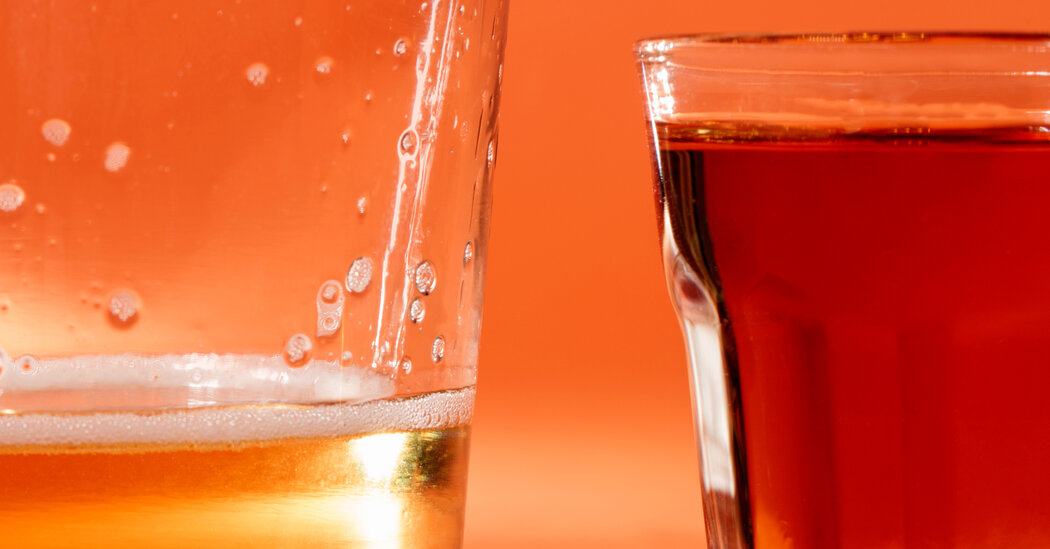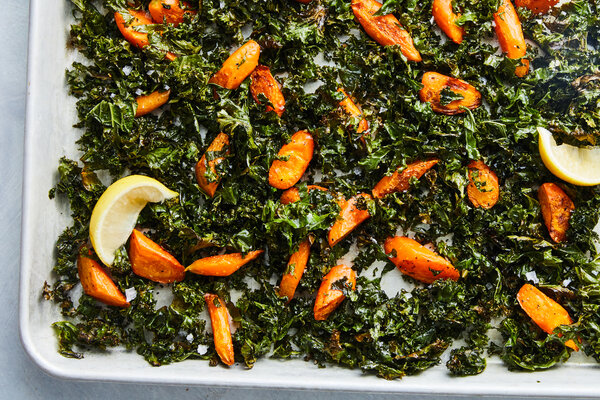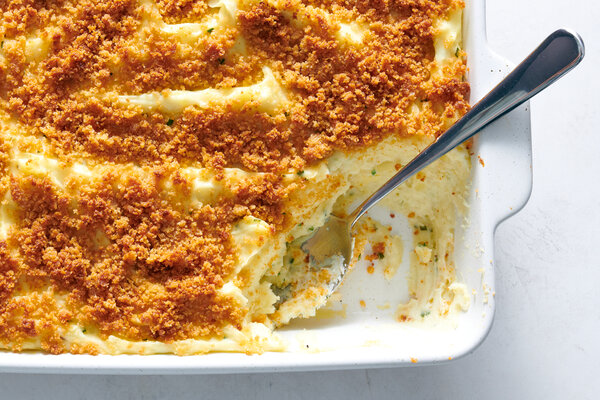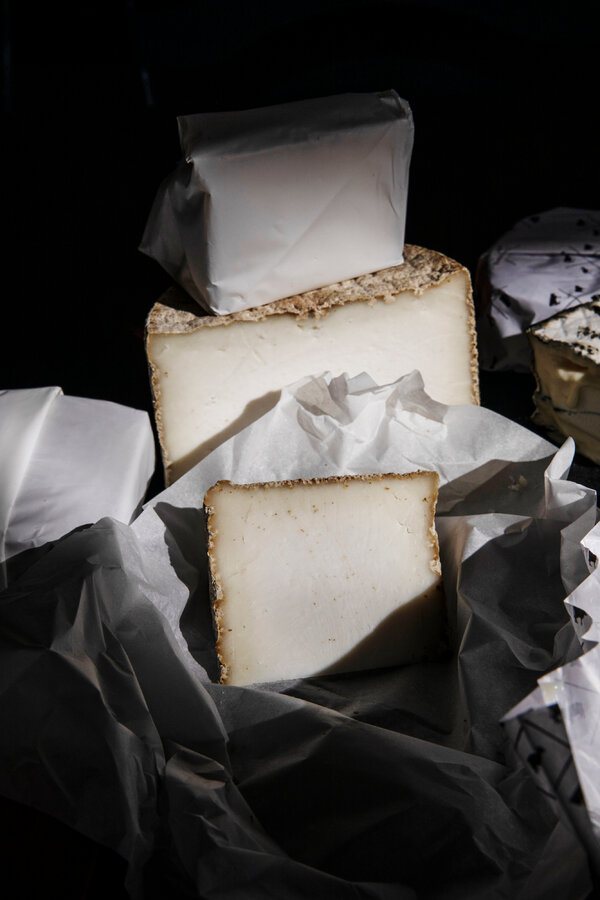Q: I’ve heard this phrase for years: “Beer before liquor, never been sicker.” But is it true?
They’re familiar mantras of college students or anyone eager to avoid a hangover: “Beer before liquor, never been sicker”; “Grape or grain, but never the twain”; “Beer before wine and you’ll feel fine.”
People have long been trying to “game” their drinking patterns in order to ease the ache in the morning. But while many swear that these sayings hold up, the evidence behind them is murky, experts say.
What does the science suggest?
Few studies have looked into whether there’s any truth to these statements, in part because such research is expensive, challenging and time-consuming to execute, said Dr. Kai O. Hensel, a researcher at Helios University Hospital Wuppertal in Germany.
But in one of the most rigorous studies to date, published in 2019, Dr. Hensel and his colleagues set out to do just that.
They recruited 90 students between the ages of 19 and 40 from a university in Germany and split them into three groups. On day one, the first group drank a 5-percent alcohol Pilsner (provided by the Carlsberg beer company) until their breath alcohol concentration reached 0.05 percent, then they drank an 11-percent alcohol white wine until their breath alcohol concentration reached 0.11 percent.
The second group did the same, but in the opposite order. And people in the third group were instructed to drink either only beer or only wine as a control.
As the participants drank, the researchers asked about their well-being and how drunk they felt. They were also given standardized meals and water, then went to sleep at the study site. The next morning, the participants rated the intensities of their hangover symptoms — including how tired, thirsty, dizzy and nauseated they were — from 0 to 7.
A week or more later, the researchers repeated the entire process over, but switched the order of alcohol drinking between the groups — those who had drunk beer first consumed wine first, and vice versa. And people in the control group who had wine the first day switched to beer, and those who had beer switched to wine.
When the researchers compared the participants’ hangover scores across the study days and groups, they found that drinking order did not uniformly affect their hangover symptoms, Dr. Hensel said.
There was no optimal sequence of drinks that applied to everyone, he said. The severity of people’s hangovers depended more on how their bodies were able to process the alcohol.
“Our findings debunk the age-old myths,” the researchers wrote in the study.
What actually will reduce your chance of a hangover?
The easiest way to minimize the likelihood of a hangover is also the most obvious one: Drink less, said Emmert Roberts, a senior clinical lecturer in addiction psychiatry at King’s College London.
Some alcoholic beverages are more likely than others to make you feel ill the next morning, Dr. Roberts said. Darker liquors like whiskey and brandy are linked with more intense hangovers than lighter-colored spirits like vodka and gin. This is because darker liquors contain higher concentrations of congeners, compounds naturally produced during the distillation and fermentation process, which contribute to the drinks’ colors, flavors and aromas.
Red wine is also known for causing headaches the next day, for reasons researchers don’t fully understand.
Liquor in general has a higher alcohol concentration than beer or wine, so if you drink equivalent amounts, liquor is more likely to make you feel worse, Dr. Roberts said.
There are not many proven ways to ward off hangovers. Staying hydrated can help, said Dr. Sarah Andrews, an assistant professor of psychiatry and behavioral sciences at Johns Hopkins Medicine. Alternating alcoholic drinks with water can also slow down the rate at which you’re drinking, potentially helping you to drink less overall. And making sure there’s food in your stomach before you drink is helpful too, since drinking on an empty stomach can make you more intoxicated.
But if your only means of thwarting a hangover is to follow the instructions of a cutesy saying, it’s not going to work, Dr. Andrews said.
“There’s so many myths about alcohol use that need to be debunked,” she said. “And this is definitely one of them.”







